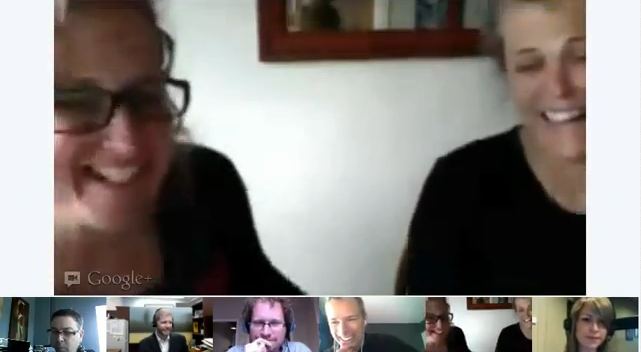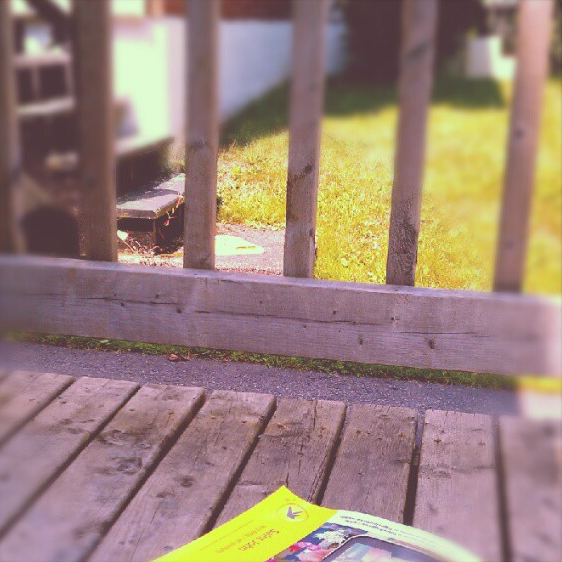There is a boardroom scene in American Psycho where protagonist Patrick Bateman, the handsome, wealthy, sociopathic Wall Street banker, trades business cards with colleagues.
His appreciation of card stock, lettering and typeface is practically erotic. And the status envy induced by a co-worker’s superior card design is borderline psychotic.
“Oh my god, he even has a watermark,” Bateman gushes.
Bret Easton Ellis’s harrowing novel was published in 1991, but the card lust it describes already seems quaint.
I recently ran out of business cards and hesitate to order more. I only feel the absence when someone gives me theirs – it is simply good manners to reciprocate. Beyond etiquette, though, what are they FOR, anymore?
In the pre-digital days, it made sense to amass fat files of clients and leads. Gathering contact information back then was cumbersome. Now, though, a business card is clutter I am more likely to lose or spill coffee on than actually USE.
Here’s the thing: when someone gives me their card it is almost always in person, which means I have already met them. The connection is made. I likely have their contact information. And if not, if they are even remotely on their social-media game, they will be easy to find.
I’m not the only one questioning the card. As Matt Stevens noted in his 2012 Los Angeles Times piece ‘Passing out business cards is quickly becoming passé,’ the former business staple is becoming an anachronism. Today, Stevens writes, many people find them “irrelevant, wasteful - and just plain lame.”
As comedian Mitch Hedberg puts it:
“I got a business card ‘cause I want to win some lunches. That’s what my business card says, ‘Mitch Hedberg: Potential lunch winner.’ Give me a call, maybe we’ll have lunch? If I’m lucky.”
Hedberg’s joking, but he gets at something about business cards today - acting on them is unlikely. It would be lucky indeed, if they got you a call. You want to create a card that compels action.
Better yet, don’t give them out, get them. Don’t wait for the other guy or gal to get in touch; make collecting cards your goal and put the onus to act in your own hands.
If you aren’t ready to shred your paper cards, there are ways to optimize their social media potential, which means more friends and follows, more ways to share your story with potential customers and develop the sort of relationship that will mean, in the end, more business.
That little piece of paper should be pulling in tandem with your online presence and social media strategy.
Here are some tips:
Include social media links.
That means your Twitter handle, Facebook name, or blog site. And use social media icons on the card, for visual impact.
Step it up with QR Codes.
Personalize a Quick Response code with your deets. Scanned by a smartphone, it can automatically send text, photos, videos, music and URLs. Create a digital business card that can be beamed up.
Borrow from social media design.
Profile pictures aren’t just for online. Add a photo to your business card to make the connection between you and what you do even stronger. Some designers have even formatted paper business cards to look like social media sites, creating a nice visual bridge between the physical and virtual.
Get visual.
Pinterest and Instagram are popular because they are beautiful and interesting to look at. Use eye candy.
Create a one-off.
Design a business card for a particular event or promotion to drive traffic to your social media streams.
Skip them.
If you are a true trailblazer, save a tree and create a digital card that can be sent as an attachment or traded by apps such as Bump or LinkedIn.
Are you one of the brave pioneers who have gone cardless? How have you made business cards work for you in this digital age? Are paper cards destined to become nothing more than pocket spam, their mother-ship the Rolodex headed for the scrap heap of office history? Or do the little cards have a place in the future of networking?
If you have some feedback, let’s do lunch.
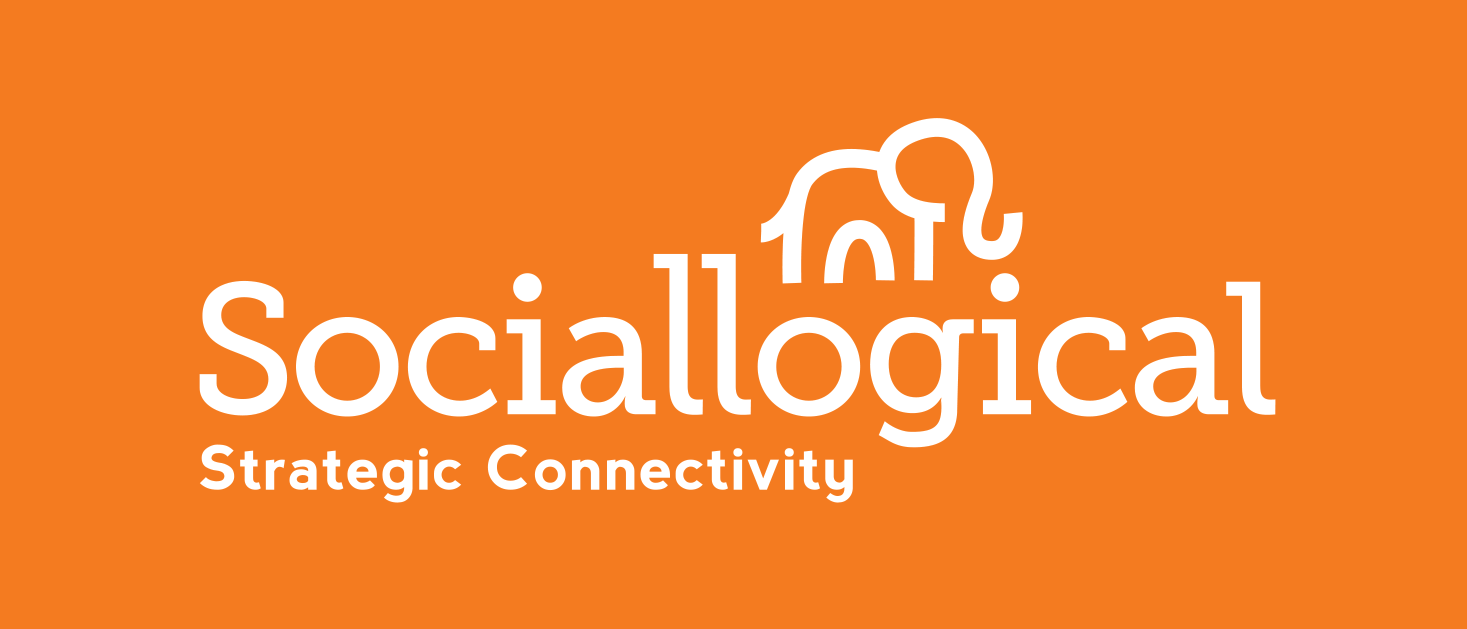

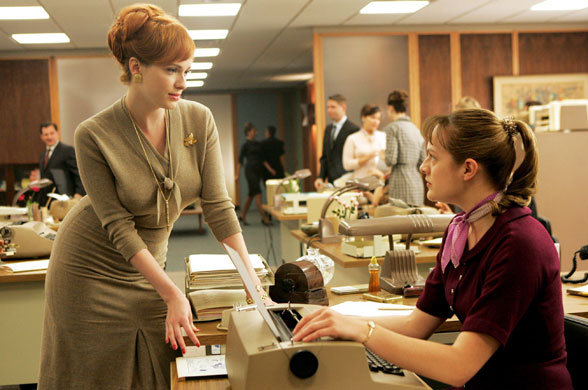
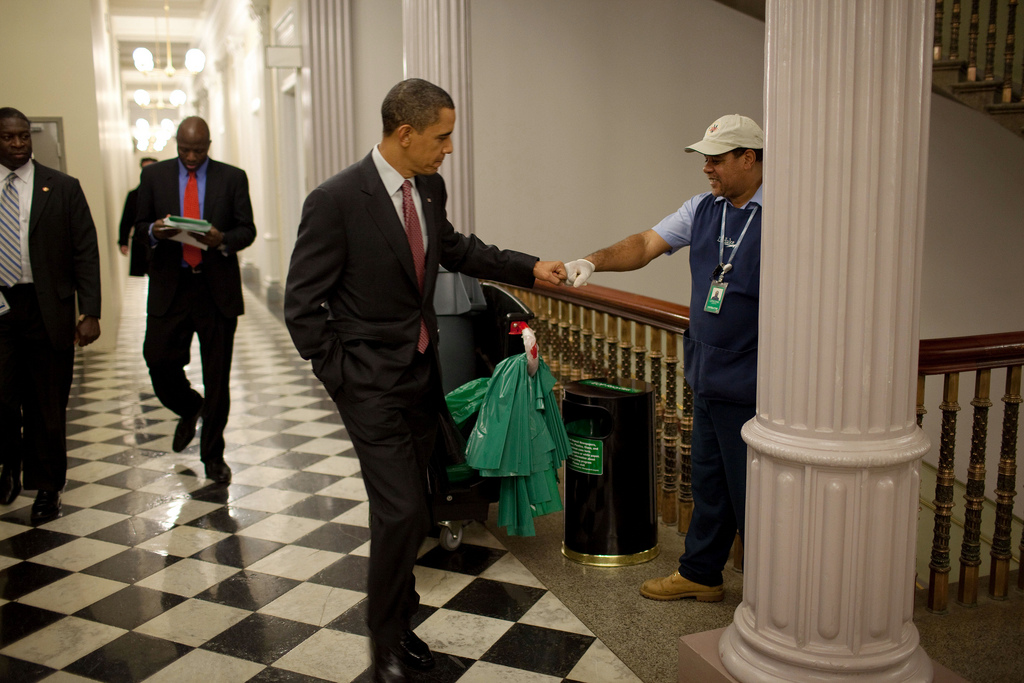

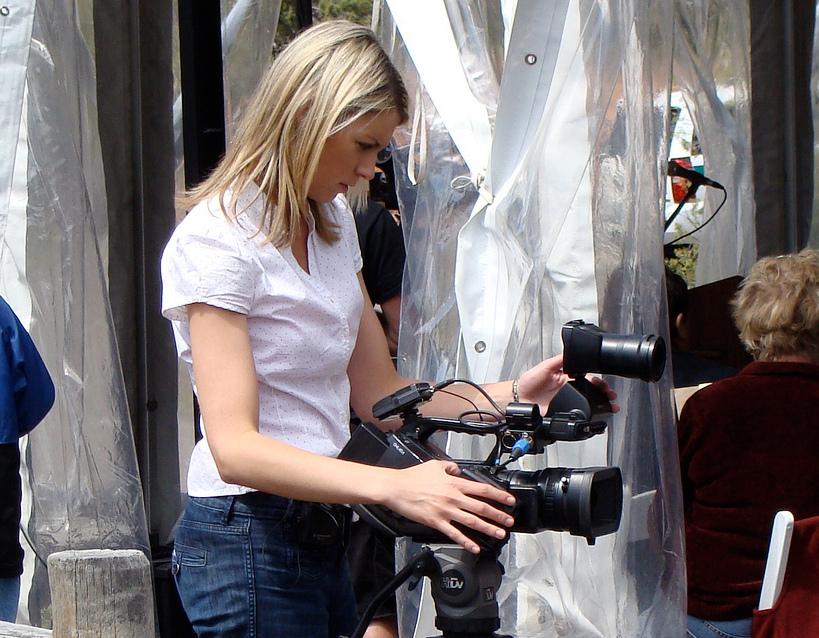
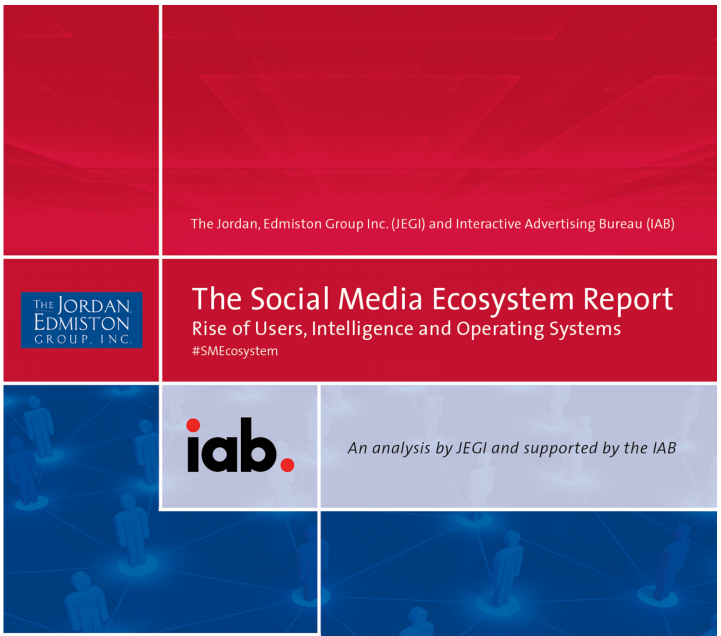
 Have you ever noticed the unique bonds that are forged between you and the people who have shared an experience with you? Some experiences are traumatic, some adventurous, some beautiful, and some are downright awful. But if you experience something with another person, whether you are strangers or old friends, that experience will create a strengthened relationship between you that is incredibly unique. I call this the Shared Story Experience.
Have you ever noticed the unique bonds that are forged between you and the people who have shared an experience with you? Some experiences are traumatic, some adventurous, some beautiful, and some are downright awful. But if you experience something with another person, whether you are strangers or old friends, that experience will create a strengthened relationship between you that is incredibly unique. I call this the Shared Story Experience.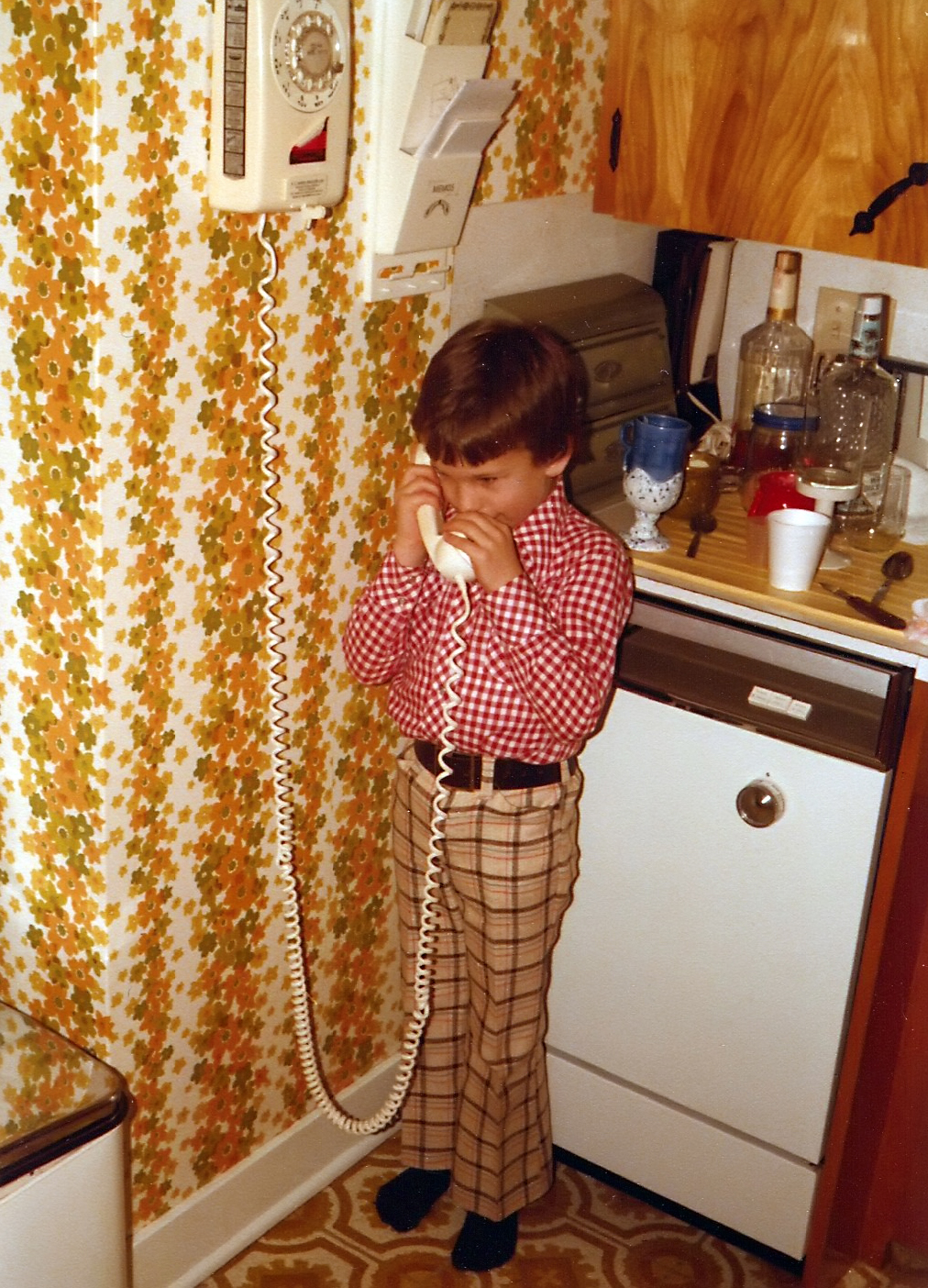 Online social media can draw people to your brand community and help return humanity to the world of business but it will never get rid of one-on-one voice conversations.
Online social media can draw people to your brand community and help return humanity to the world of business but it will never get rid of one-on-one voice conversations. In the business world, we aren’t meeting in office spaces and conference rooms as much as we once used to. Instead, we meet online – a place where we are also making a lot of
In the business world, we aren’t meeting in office spaces and conference rooms as much as we once used to. Instead, we meet online – a place where we are also making a lot of 
 Whether you tell stories that are fictional or fact, it is critical to tell your stories with
Whether you tell stories that are fictional or fact, it is critical to tell your stories with 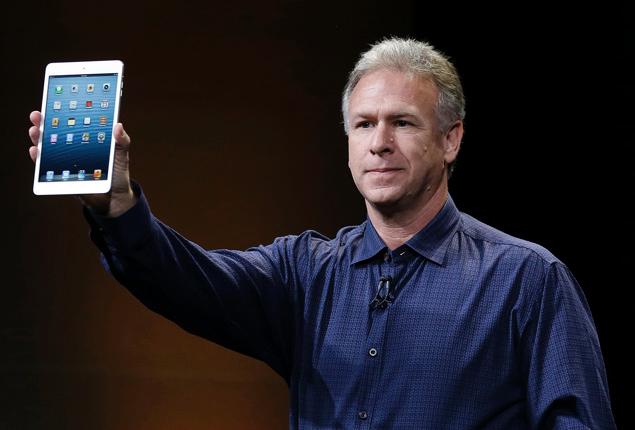


 The story of your business - how it came to be and why you are in business today - is a mountain of personal connections and powerful marketing that you can build on. Until you build your brand on your own stories, you’re not building the social capital that you need to market yourself in the internet age. And until you realize the power of storytelling in all styles and formats then you may be missing out on an opportunity to create powerful community.
The story of your business - how it came to be and why you are in business today - is a mountain of personal connections and powerful marketing that you can build on. Until you build your brand on your own stories, you’re not building the social capital that you need to market yourself in the internet age. And until you realize the power of storytelling in all styles and formats then you may be missing out on an opportunity to create powerful community.

